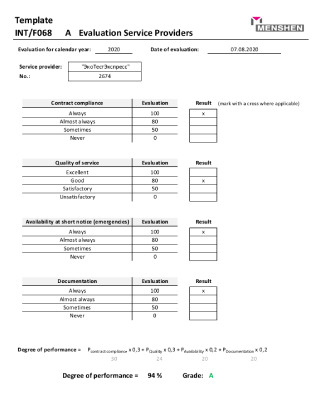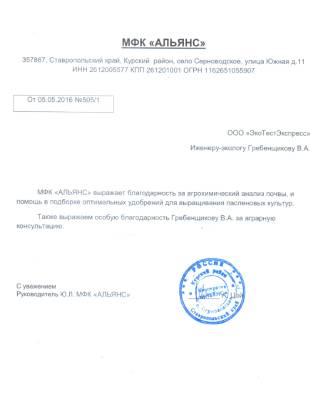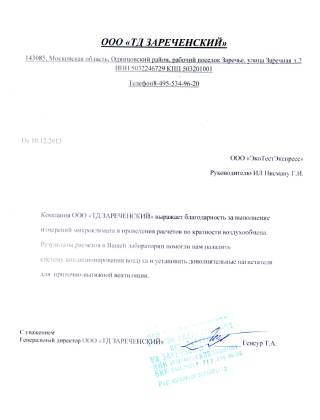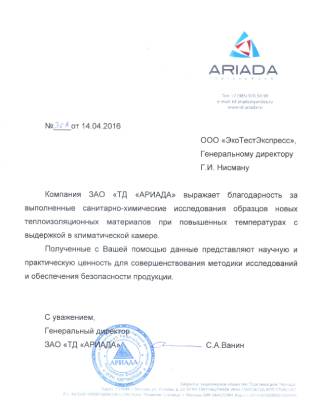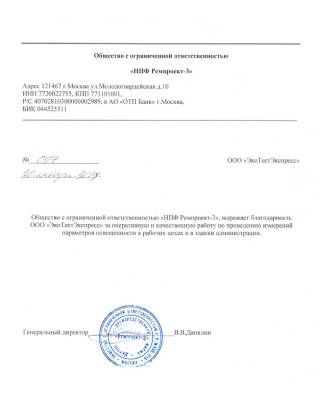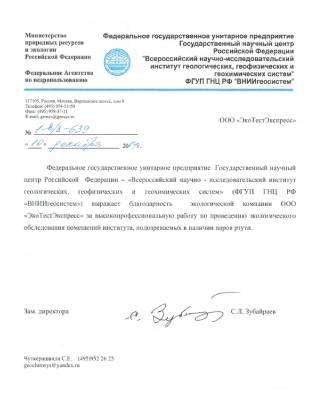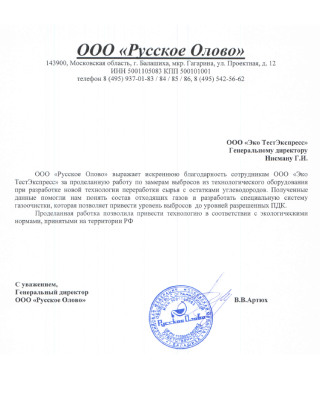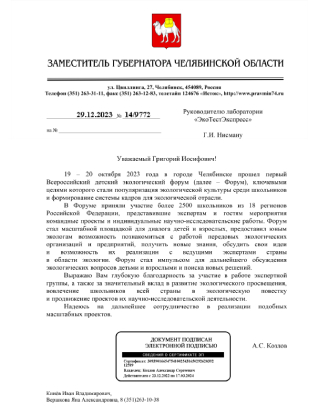- From Geopolitical Shifts to Market Tremors: A Comprehensive Look at abp news and Global Economic Repercussions, Empowering Strategic Insights.
- The Genesis of Recent Market Volatility
- Impact on Global Trade and Investment
- Regional Variations in Response
- The Role of Central Banks and Monetary Policy
- Fiscal Policy Considerations
- Long-Term Implications and Strategic Insights
From Geopolitical Shifts to Market Tremors: A Comprehensive Look at abp news and Global Economic Repercussions, Empowering Strategic Insights.
The financial world is constantly shaped by a multitude of factors, ranging from geopolitical tensions to subtle shifts in market sentiment. Understanding these dynamics is crucial for investors, policymakers, and anyone interested in the global economy. Recently, attention has been focused on developments concerning abp news, which have triggered ripples across international markets and sparked considerable debate regarding their potential long-term consequences. This detailed analysis will delve into the implications of these events, exploring their impact on various sectors and providing strategic insights for navigating this complex landscape.
The Genesis of Recent Market Volatility
Recent market volatility can be attributed to a convergence of factors, but a significant contributor has been the unfolding situation surrounding abp news. The initial reports centered around concerns regarding potential disruptions to supply chains, particularly in the energy sector. This sparked fears of inflation and a potential slowdown in economic growth, prompting investors to reassess their portfolios and reduce their exposure to riskier assets. This sudden shift in market sentiment led to a decline in stock prices and an increase in bond yields, creating a challenging environment for both individual and institutional investors.
The situation has been further complicated by geopolitical tensions and uncertainty surrounding trade policies. The interplay between these factors has created a climate of heightened risk aversion, as investors struggle to predict future developments. Analyzing the core issues within abp news is critical to predicting how the market will respond. These complex interactions mean that investors should consider a diversified investment strategy that can mitigate the impact of potential shocks.
Furthermore, changes in monetary policy by major central banks are playing a role. The anticipation of interest rate hikes is adding to the pressure on markets, as higher borrowing costs can dampen economic activity and reduce corporate profitability. The combination of these interconnected factors has created a particularly turbulent period for financial markets, requiring careful monitoring and proactive risk management.
| Energy | Supply Concerns, Price Increase | Stabilizing, but remains sensitive |
| Technology | Initial Sell-Off, Valuation Concerns | Moderate Recovery, Focused on Fundamentals |
| Financials | Increased Volatility, Margin Pressure | Mixed Performance, Dependent on Interest Rates |
| Consumer Discretionary | Reduced Spending, Earnings Concerns | Underperforming, Sensitive to Economic Outlook |
Impact on Global Trade and Investment
The implications of abp news extend far beyond the immediate financial markets, significantly impacting global trade and investment patterns. Countries heavily reliant on trade with those affected are facing increased uncertainty, leading to a cautious approach toward new investments. The disruption to supply chains has prompted businesses to re-evaluate their sourcing strategies, exploring alternative suppliers and diversifying their operations to reduce their dependence on a single region. This shift, while potentially costly in the short term, is aimed at building resilience and mitigating future risks.
Foreign direct investment (FDI) has also been affected, with investors delaying or canceling projects in regions perceived as being particularly vulnerable. This decline in FDI can have long-term consequences for economic growth and development, particularly in emerging markets that rely on inflows of capital. It is important that governments respond with clear communication, investment incentives, and policies that promote a stable and predictable investment climate.
Furthermore, the situation has led to increased protectionist measures, as countries seek to safeguard their domestic industries. These measures, while intended to protect local businesses, can disrupt global trade flows and exacerbate tensions between nations. A collaborative approach to resolving these challenges, based on international cooperation and adherence to trade agreements, is essential for minimizing the negative consequences.
Regional Variations in Response
The response to abp news has varied considerably across different regions, reflecting their unique economic structures and geopolitical priorities. Some countries have adopted a more proactive approach, implementing policies to mitigate the impact of disruptions and support their industries. Others have taken a more cautious approach, monitoring the situation and waiting for greater clarity before taking decisive action. These variances illustrate the complexity of the worldwide network.
For example, European nations, heavily reliant on energy imports, have been particularly vulnerable to supply disruptions. As a result, they have been actively seeking alternative energy sources and accelerating their transition to renewable energy. Meanwhile, Asian economies, with their strong trade links, have been focused on diversifying their supply chains and strengthening regional trade agreements. This demonstrates the necessity for region-specific risk management and strategic adjustments.
- Diversification of supply chains
- Investment in renewable energy sources
- Strengthening regional trade agreements
- Implementation of proactive policies
- Encouraging international cooperation
The Role of Central Banks and Monetary Policy
Central banks play a critical role in managing the economic impact of events like those surrounding abp news. Faced with rising inflation and slowing economic growth, central banks are grappling with the difficult task of balancing price stability with the need to support economic activity. Aggressive monetary tightening, characterized by interest rate hikes, can help to curb inflation but also risks triggering a recession. In contrast, maintaining low interest rates can stimulate economic growth but also risks fueling further inflation. The right approach requires careful consideration of the specific economic circumstances and a willingness to adapt to changing conditions.
Many central banks are now adopting a more data-dependent approach, closely monitoring economic indicators and adjusting their policies accordingly. Communication is also crucial. Clear and transparent communication from central banks can help to manage market expectations and reduce uncertainty. Central banks across the world are opting for a more cautious approach to ensure stability.
In addition, quantitative tightening, the process of reducing the size of central bank balance sheets, is also being employed in some countries. This can have a similar effect to raising interest rates, further tightening financial conditions. However, it’s important to bear in mind the effects of shifts within monetary policies from central banks.
Fiscal Policy Considerations
In tandem with monetary policy, fiscal policy also plays a vital role in navigating the economic challenges posed by abp news. Governments have a range of tools at their disposal, including tax cuts, increased spending on infrastructure, and targeted support for affected industries. However, fiscal policy decisions must be made carefully, taking into account the level of government debt and the potential for inflationary pressures. Implementing the correct fiscal policies can significantly improve a country’s economic outlook.
Targeted support for affected industries can help to mitigate the short-term economic impact of disruptions, while investments in infrastructure can boost long-term economic growth. It’s worth considering the wide range of support that governments can offer. Efficient governance and a greater administrative capacity are key to the successful implementation of fiscal policies. The focus much shift to equitable outcomes and long-term fiscal sustainability.
- Increased spending on infrastructure
- Targeted support for affected industries
- Tax cuts to stimulate demand
- Investment in education and training
- Fiscal consolidation to reduce debt
Long-Term Implications and Strategic Insights
The long-term implications of abp news are still unfolding, but it is clear that they will reshape the global economic landscape. Businesses will need to adapt to a more volatile and uncertain environment, focusing on resilience, diversification, and innovation. Investors will need to adopt a more cautious and long-term perspective, focusing on quality assets and sustainable investment strategies. Governments will need to prioritize international cooperation, foster economic stability, and invest in long-term growth.
The demand for skilled labor will likely increase, as businesses seek to adapt to new technologies and changing market conditions. Investments in education and training will be crucial for ensuring that workforces have the skills needed to compete in the global economy. Furthermore, the importance of data analytics and risk management will continue to grow, as businesses and investors seek to better understand and manage the evolving risks.
Finally, the events of the recent past underscore the importance of preparedness. Businesses and governments must be prepared to respond quickly and effectively to unexpected shocks, building resilience into their operations and developing contingency plans to mitigate potential risks. Focusing on proactive planning and dynamic adaptability are essential for long-term success.
| Supply Chain Disruptions | Increased Costs, Production Delays | Diversification of Suppliers, Inventory Management |
| Inflation | Reduced Consumer Spending, Higher Input Costs | Monetary Policy Tightening, Fiscal Discipline |
| Geopolitical Tensions | Increased Uncertainty, Investment Risk | Diplomatic Efforts, Risk Diversification |
| Cybersecurity Threats | Data Breaches, Operational Disruptions | Enhanced Security Measures, Cybersecurity Training |
Navigating the current economic climate demands a comprehensive understanding of the interconnected forces at play. Remaining informed, adaptable, and strategically focused are essential ingredients for success. A long-term perspective, wedded with proactive planning and calculated risk assessment is paramount.











